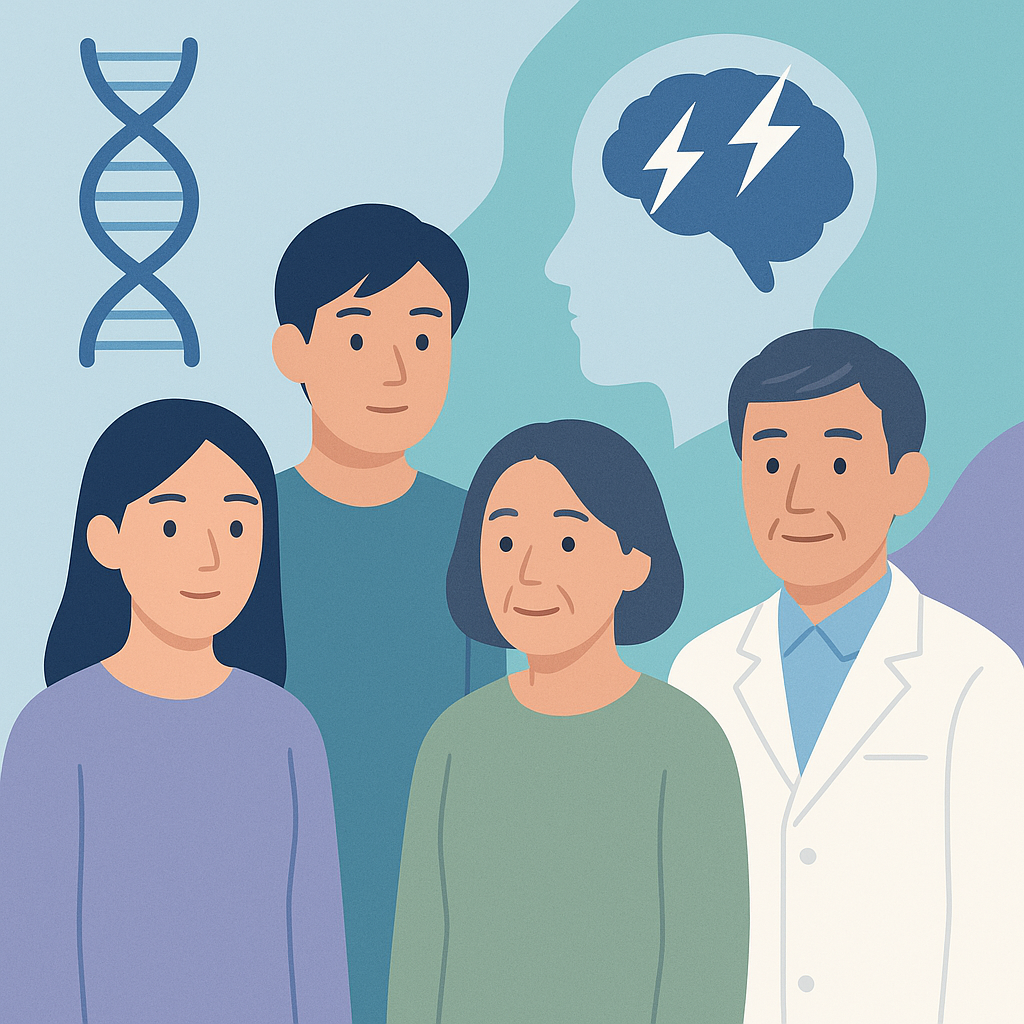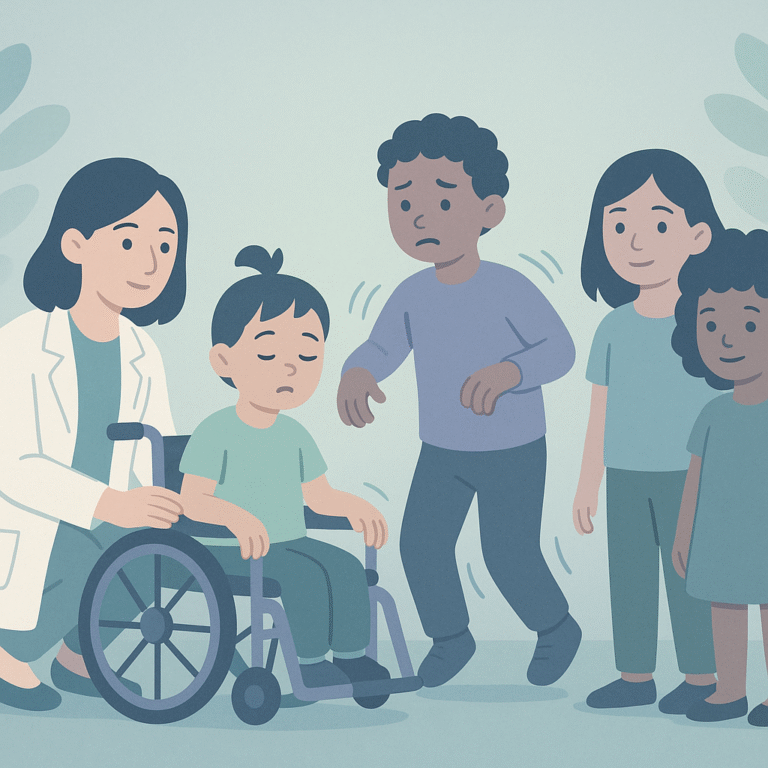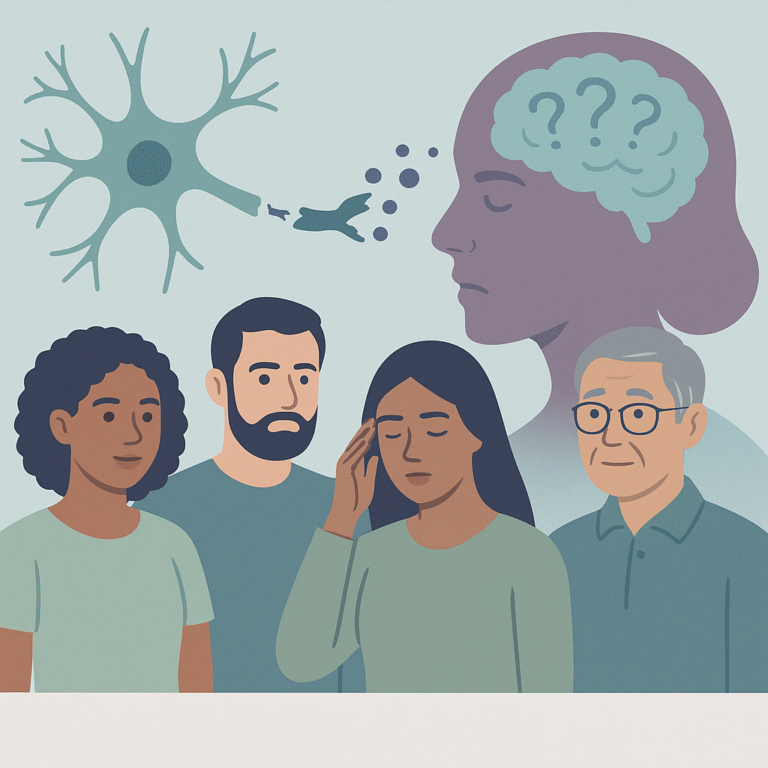New Insights on DHDDS Variants and Epilepsy in Japanese Patients
Source: Brain & development
Summary
This study looked at a group of Japanese patients with specific genetic changes known as DHDDS variants, which are linked to severe epilepsy and movement disorders. Researchers gathered information from patients diagnosed with developmental and epileptic encephalopathy or progressive myoclonus epilepsies at two hospitals. They used advanced genetic testing to identify these variants and reviewed medical records to understand the patients' conditions better.
The key findings showed that four patients had different DHDDS variants, leading to a range of symptoms. Three of them experienced severe intellectual disabilities and difficult-to-treat seizures, including myoclonic and atonic seizures, often starting in infancy. One patient had a milder form of the condition with less severe symptoms. The study also noted that certain treatments, like fenfluramine and corpus callosotomy, helped reduce seizures in some patients.
This research is important because it highlights the connection between DHDDS variants and various neurological issues, including epilepsy and movement disorders. It also introduces new findings, such as the presence of polymicrogyria, which could help in diagnosing these conditions. However, the study is limited by the small number of patients, so more research is needed to confirm these findings and explore treatment options further.
Free: Seizure First Aid Quick Guide (PDF)
Plus one plain-language weekly digest of new epilepsy research.
Unsubscribe anytime. No medical advice.





